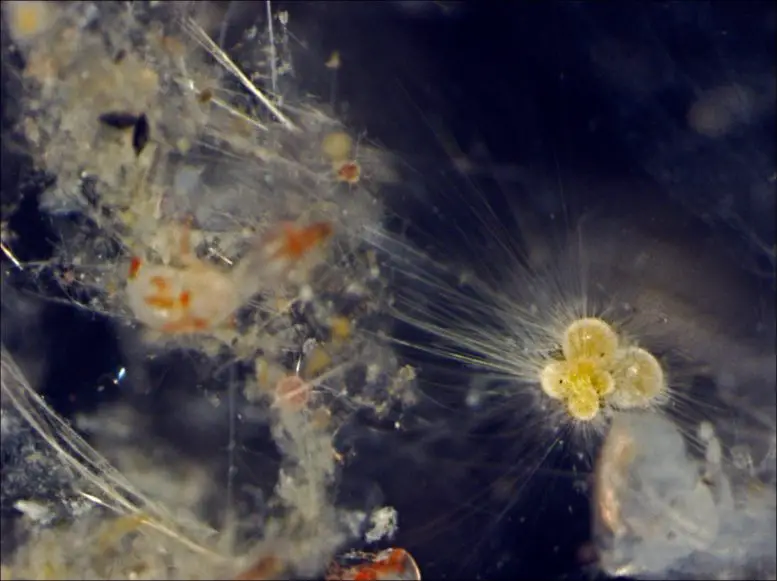Tropical oceans are home to the most diverse communities of plankton, which form the basis of marine food webs on our planet. However, it may come as a surprise that modern plankton diversity in the tropics has emerged over the past 8 million years due to global cooling. This was discovered in a recent study conducted by researchers at the University of Texas at Austin.
The discovery has raised concerns about the potential impact of rapid ocean warming on the distribution of plankton, as they may be forced to move away from the tropics, which has adverse effects on marine ecosystems. This can have a detrimental effect on important fish species such as tuna and flounder, as well as the coastal communities that rely on them. The research was recently published in the journalism. Nature .
Using microfossils to trace the history of a group of zooplankton called the foraminifera, researchers have found that populations of tropical plankton lived in waters more than 2,000 miles from where they were found during the last time Earth was this warm — just before global cooling began 8 million years ago. they are found today. The natural cooling over the last 8 million years that allowed plankton to thrive in the tropics has been reversed in the last century by climate change.
“Earth’s modern biosphere evolved during the ice ages,” said lead author Adam Woodhouse, a postdoctoral researcher at the University of Texas Institute for Geophysics. “We’re suddenly transported to Earth 8 million years ago, we’re not just killing a few species, we’re changing the whole chemistry of the atmosphere and oceans, and nothing is ready for that.”
To conduct the study, the researchers analyzed a database of 500,000 microscopic fossils (the largest of its kind) collected from over 55 years of scientific ocean drilling. Each fossilized shell tells us where and when the plankton lived, how deep its habitat was, and the conditions of the surrounding ocean.
The scientists grouped the information and analyzed it together with geological data of past climate changes. They found that when global cooling began 8 million years ago, plankton species were pushed toward the equator. In modern times, the most diverse populations of plankton have moved to the tropics, while the modern poles have become too harsh for all but a few specific species.
As global temperatures and atmospheric carbon dioxide levels approach levels 8 million years ago, the findings show that plankton species are leaving the equator and heading towards the poles, the researchers said. Other studies of modern plankton have already documented signs of this. Researchers fear that the loss of diversity in plankton populations could trigger extinctions similar to those seen in tropical forests after logging and fires.
“It is now important to determine how the effects of climate change on these species will gradually progress through food webs,” said Anshuman Swain, a Harvard University network scientist who led the study.
In analyzing the data, the researchers used a more well-known technique to study social structures such as Twitter to reveal links between plankton evolution, habitats and climate change in deep times. Network analysis, first developed in sociology to study social interactions and friendships, is increasingly used in ecology and environmental sciences and can help inform actions to mitigate the worst effects of climate change, Swain said.
However, time to act may be running out, said Tracey Eise, associate professor of marine micropaleontology at the University of Leeds, who helped develop the plankton database but was not involved in the current study. According to Aze, today’s unprecedented warming means that the world is now operating on unpredictable time scales.
“The fact that we’re already starting to see a noticeable difference in the diversity of many marine groups like fish and plankton means we may be closer to certain temperature tipping points than we thought,” he said.
Source: Port Altele
